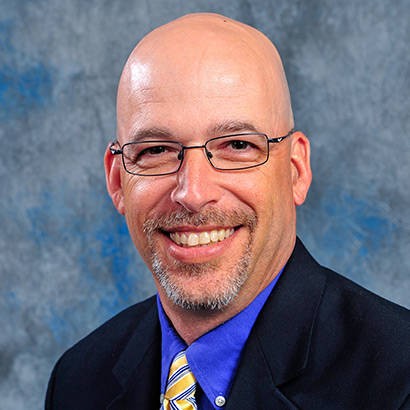
With spring sports in full swing, it’s always interesting to see the reactions of parents and coaches at all levels of the games. Many of our agencies either run sports leagues or have them happening on our fields. Most of our leagues require parents and coaches to sign a code of conduct of some kind that tells them how to behave on the field, court, etc.
I’ve watched my three boys play various sports in our local park and rec agency leagues, and now in high school and college. I’ve witnessed how the parents’ reactions to both their own kids and the officials have evolved over the years. I’ve listened as they’ve gone from quietly moaning or sighing when they thought an official made a bad call in the past to now loudly voicing their opinion. And, there’s always the parent who thinks the next goal their third-grade soccer player is going to score will make a difference in the child’s college choices.
I’ve been officiating youth and high school sports for three decades now. I started when I was 15, and things were so different back then. My middle son started officiating lacrosse when he turned 15 last year, and, as I worked the other side, I listened to parents call him an “idiot” on the field. They told him he had no idea what the rules were. Interestingly enough, he did a great job ignoring the comments, just like he’s supposed to, but as his dad, it was tough to keep quiet. This was a U13 game!
As time has gone on, our agencies have had to deal with angry coaches and parents, and officials have had to deal with more and more angry coaches and parents. If you read the news, you’ve heard about fights between parents and even about officials being assaulted. The scary thing is that it’s harder and harder to get officials to come back after their first year: mostly because of the way parents and coaches are treating them. As park and rec agencies, we can continue to have coaches sign codes of conduct, get certifications and make them take additional training. But, it all comes down to the parents and the coaches controlling themselves.
I’ve watched parents yell at the opposing teams, try and coach their kids on the field, and even yell at their own kids about the way they played after games. One of the best things I ever read was something I tell all parents they should tell their kids when they come off the field. “I love watching you play.” I make it a point to tell all three of my kids this each time I watch them play. No matter how much I may want to criticize or even question the coach. “I love watching you play.” It sets a great example.
Stephen Eckelberry is NRPA's Chair of the Board of Directors

